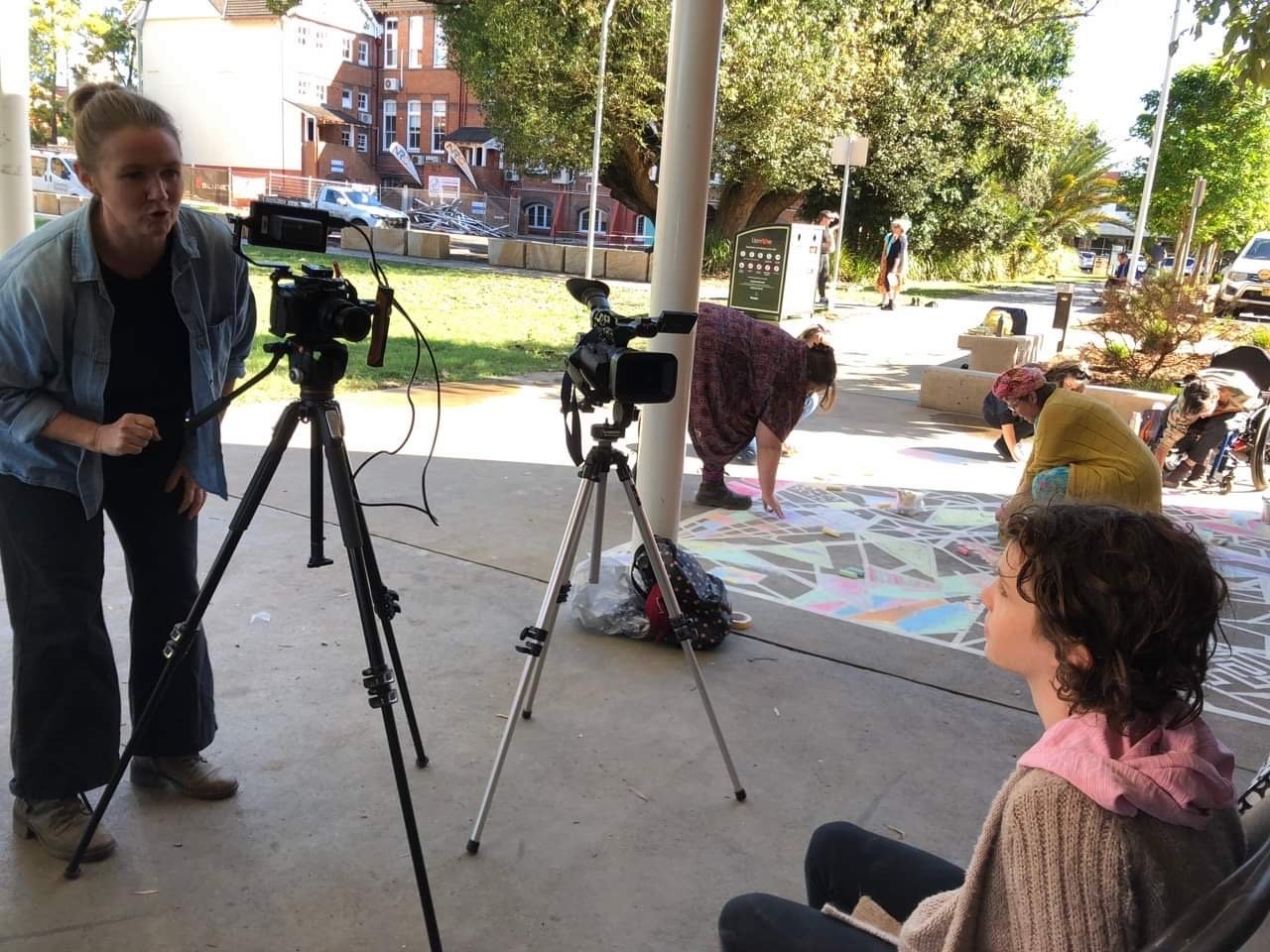Key points to consider when starting to plan your film:
Long- and short-term objectives of the project
What do you want the documentary to do? Why is it suitable for a not for profit partnership? Is it aimed at a particular group/ audience? Is it being made to educate, is it designed as a call for action or as a fundraising tool?
The need for the project
Does the documentary project come from a research project that uncovers a particular need, such as giving a voice to a disenfranchised community?
Main beneficiaries of the project
Which individuals, organisations and communities will benefit from and be able to make use of the documentary project? Do you have an impact and outreach strategy?
Main consultants on the project from your organisation
Who will be the main person/s that the filmmaker will consult with on key decisions [including the edit]?
Budget and funding scope of the project
What is the project budget? Where are these funds being sourced? Will you have the funds to pay the key creatives to industry standard rates for the 3 stages of production: pre-production, production and post production?
When you have thought through all these key points - you can send me a brief or outline of the project including your response to these.
I will then PITCH you a SYNOPSIS to begin the process of STORY MAKING as well as a QUOTE.
Examples of Not For Profit film partnerships
Collaborations with Not for Profit organisations
Documentaries have the ability to educate, inform, empower, raise awareness and create meaningful social change, and aligning your not for profit with a powerful documentary can be a great way of extending and enhancing your organisation’s social impact.
Care and ethics are two fundamental considerations at the heart of my socially engaged filmmaking practice. I come with a willingness to listen, to share, to adapt and to support community voices.
The principles I strive to uphold in my work include:
Collaboration - working closely with communities to ensure that stories are told with authenticity, safety and respect for participants involvement.
Healthy boundaries - ensuring that relationships are ethically considerate and that the needs of both artists and community members are upheld.
Care - When adequate care is not taken during socially engaged projects, the results can be significantly harmful to participants, including the artists. However, caring well in socially engaged projects is not always a simple task and usually involves juggling many competing needs and responsibilities.
Artistic integrity - delivering high quality outcomes within the scope of the project.
Flexibility - being aware that unexpected changes or adjustments may arise during the process.
Lifeline offers mental health support after the Lismore floods
Volunteers help with the Lismore flood recovery
Lismore City Coucil, Prospectus




